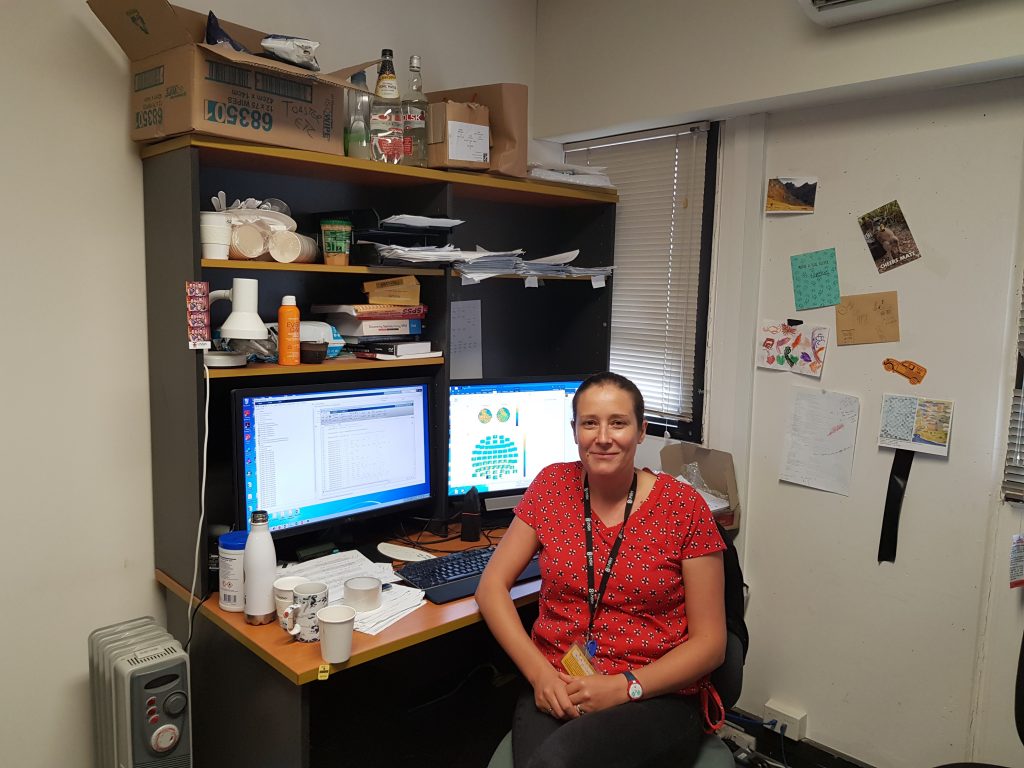By Dr Poppy Watson
 After finishing her PhD and doing research in medicinal chemistry, Dr Ruth Thomas decided to use her passion and experience in a more education-oriented way. As a technical officer in the teaching laboratories in the School of Chemistry, she gets the opportunity to work with students and educational staff – ensuring that they have everything they need, and that safety is being maintained. Ruth is a keen cook (originally from India), and would love to stay within the field of Chemistry – developing her own leadership skills and guiding future students.
After finishing her PhD and doing research in medicinal chemistry, Dr Ruth Thomas decided to use her passion and experience in a more education-oriented way. As a technical officer in the teaching laboratories in the School of Chemistry, she gets the opportunity to work with students and educational staff – ensuring that they have everything they need, and that safety is being maintained. Ruth is a keen cook (originally from India), and would love to stay within the field of Chemistry – developing her own leadership skills and guiding future students.
1. So, what is your role at UNSW?
I am a technical officer in the teaching laboratories in the School of Chemistry. I work closely on the preparation notes for the various undergraduate labs by ordering the appropriate chemicals and equipment required, preparing the required solutions, and coordinating with staff with regard to the various lab experiments. I interact daily with students and educators, giving them technical advice and help as needed. I also maintain a chemical inventory database and am responsible for regularly updating the safety folder for the lab. This involves writing and reviewing risk assessments, preparation notes and safe working procedures for various instruments in the teaching labs.
2. What does your day-to-day life at work look like?
In my current job, workload is tight and hectic during terms because students come in to use the teaching laboratories for their practical. So, a typical working day during the term really depends on the scheduled labs in the School. In the organic chemistry lab, for example, I ensure that all solutions are ready for the students to use, the necessary equipment are in place, the required instruments are functioning well, and the lab is tidy and ready to go for the students. Since the same labs do not run through the day, there is usual a fast turnover where the lab needs to be re-organized differently for the next course to run. I also ensure that the lab is safe for the students to work in by making sure that risk assessments are in place for the experiments. My work also involves checking inventory of chemicals and glassware, so that they can be replenished as stock runs low. I also need to look ahead to upcoming terms so that appropriate material and equipment can be ordered and kept ready for use.
 3. How did you become a technical officer? Did you always want to work in science?
3. How did you become a technical officer? Did you always want to work in science?
I always had a passion for science in high school and took mathematics with science for my higher secondary schooling in India. I completed a bachelors in Pharmacy and a masters in biological sciences as a dual degree integrated program. During this time, I developed a strong interest in the field of medicinal chemistry and research in general. I had a burning desire to do a doctoral program, which brought me to UNSW as a PhD student. My research focused on designing new strategies for the synthesis of novel chemical structures which may have anti-cancer properties. After the completion of my doctoral program, I continued to work in the same research group on novel indoles as antibacterial agents for about two years. I loved doing research but one drawback is the lack of funding opportunities and I wanted to find a more stable career path. As a technical officer in the School of Chemistry, I am able to use the knowledge and skills I have gained over the years in the teaching laboratories. I wish to continue to stay in the field and gain more experience in the areas of management and leadership.
4. What are some of the drawbacks about the field that you work in?
I work in the laboratory environment most of the time and hence, come into contact with chemicals of different categories such as toxic, flammable, corrosive and carcinogenic chemicals. This does pose a risk to one’s health in some ways despite taking all precautionary measures while handling chemicals. Also, as a woman in STEM, I feel underrepresented and think that we need to be encouraging the current generation to pursue studies in STEM.
5. When you are not working, what do you like to do in your spare time?
I usually enjoy going out for walks in the park or near the waterfront, enjoying nature. I love cooking and like to try new recipes in the kitchen. When I am fed up of my own cooking, I like to go out and try a different cuisine other than Indian for a change. I used to do cross-stitch in my leisure in the past. Nowadays, I am usually running behind my active 21-month-old baby girl playing peekaboo, singing rhymes with her, solving animal puzzles and playing with building blocks.
6. Why did you join the UNSW Science and Maths Women Champions?
The Women in Maths and Science Champions Program is a good platform for me to be engaging with other women in the field of science. The program helps me focus on my career path and work towards being a more confident leader – having a positive impact on the science community. Having been part of the UNSW community since starting my PhD, I feel very privileged to have had many enormous opportunities. By working on my personal and professional development, I will be able to guide future students in their career paths and help them to contribute to social engagement, global impact, and leadership activities that add value to UNSW Science.
Follow Poppy on Twitter (@Pop_Watson)

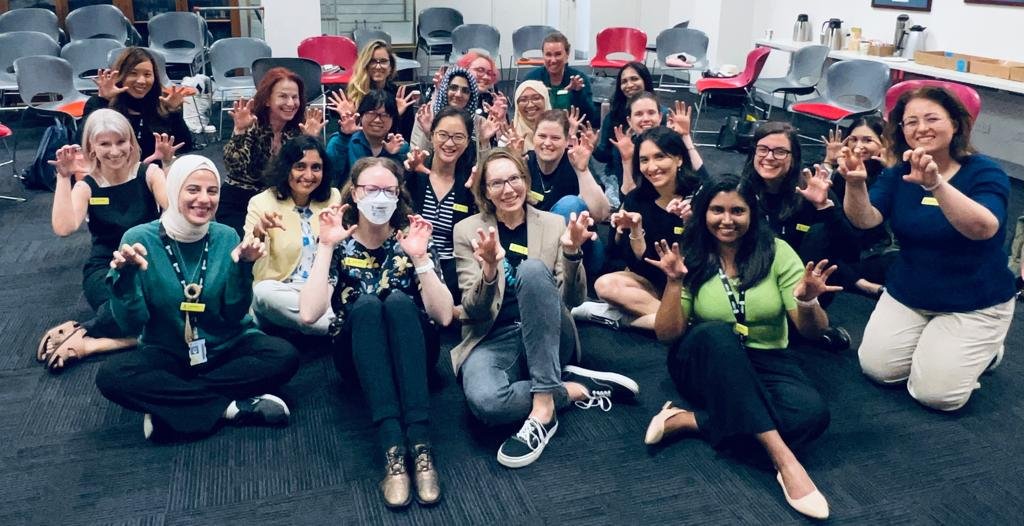
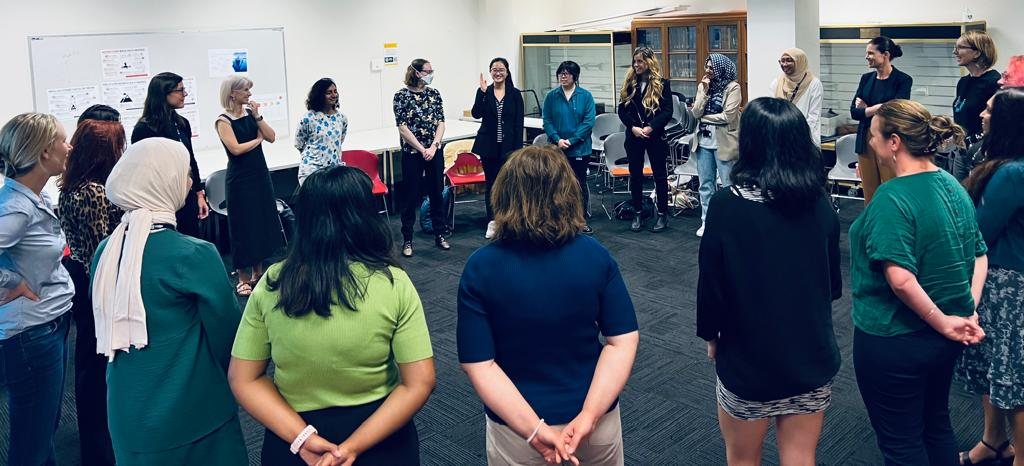
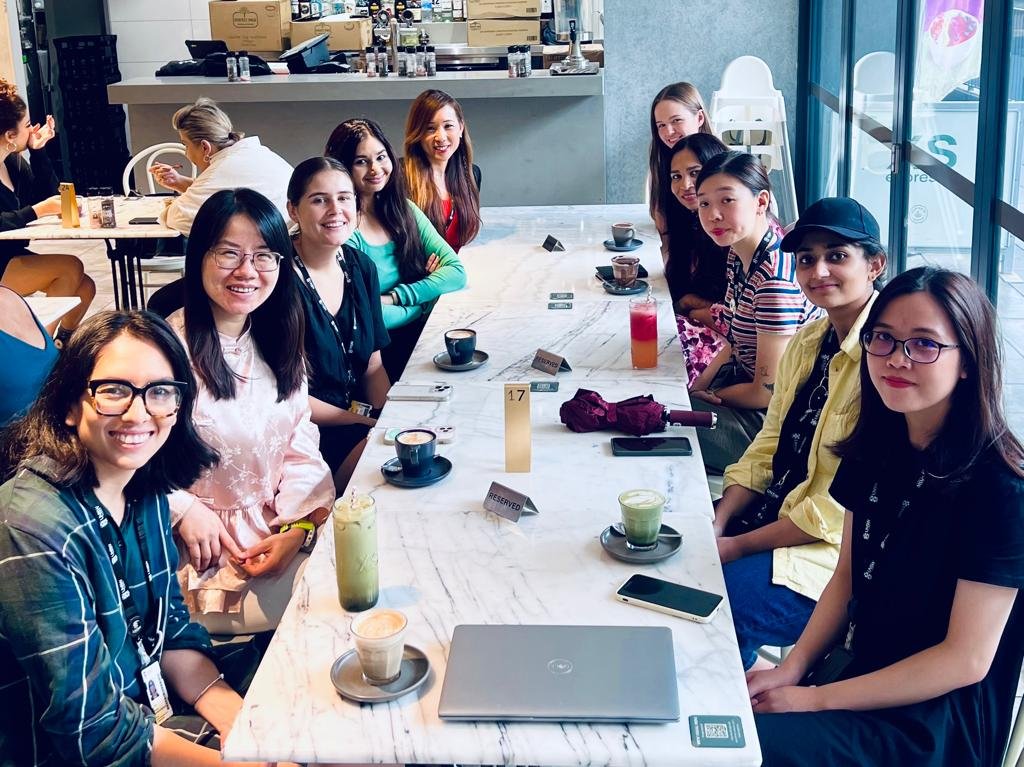
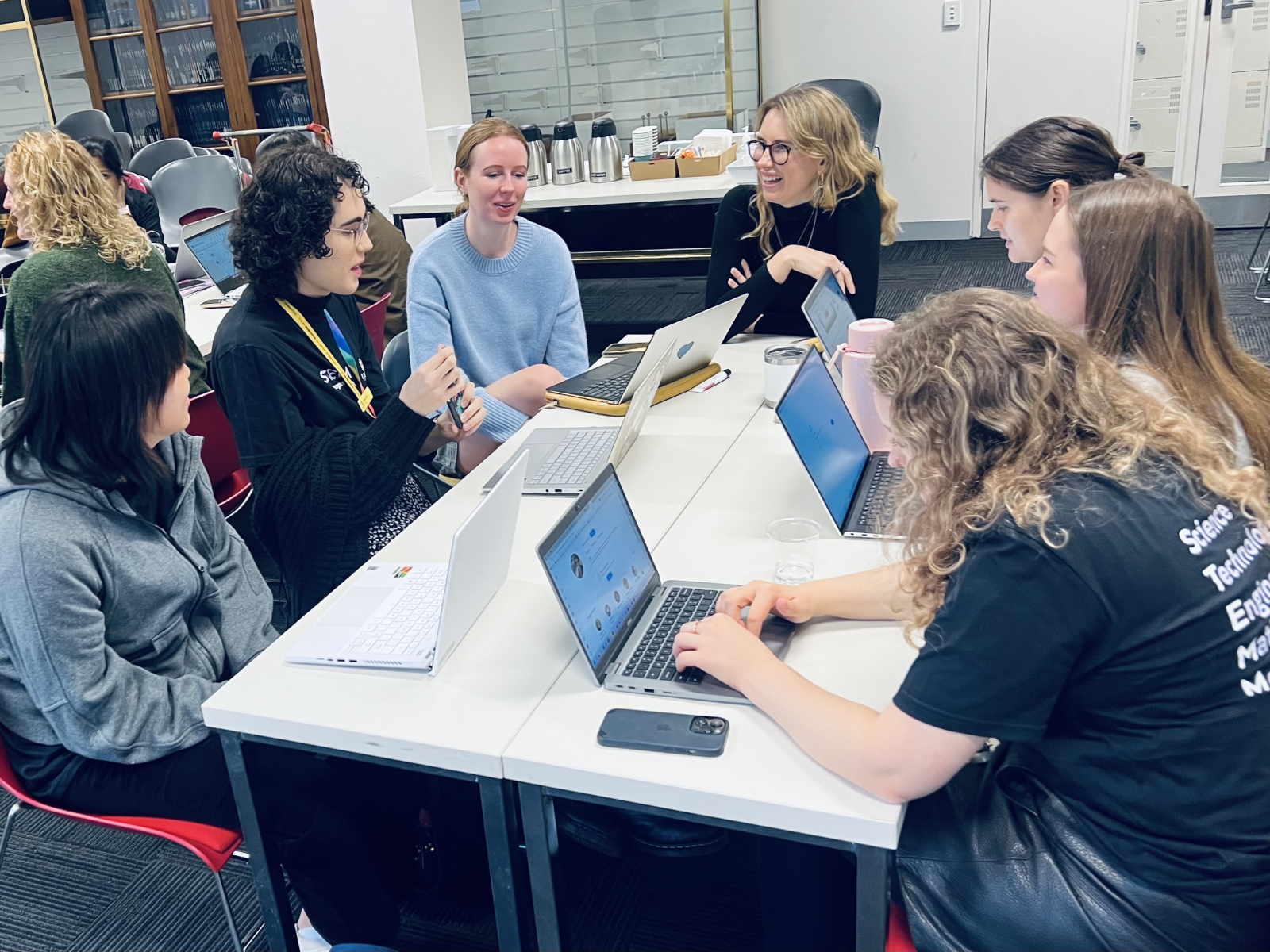
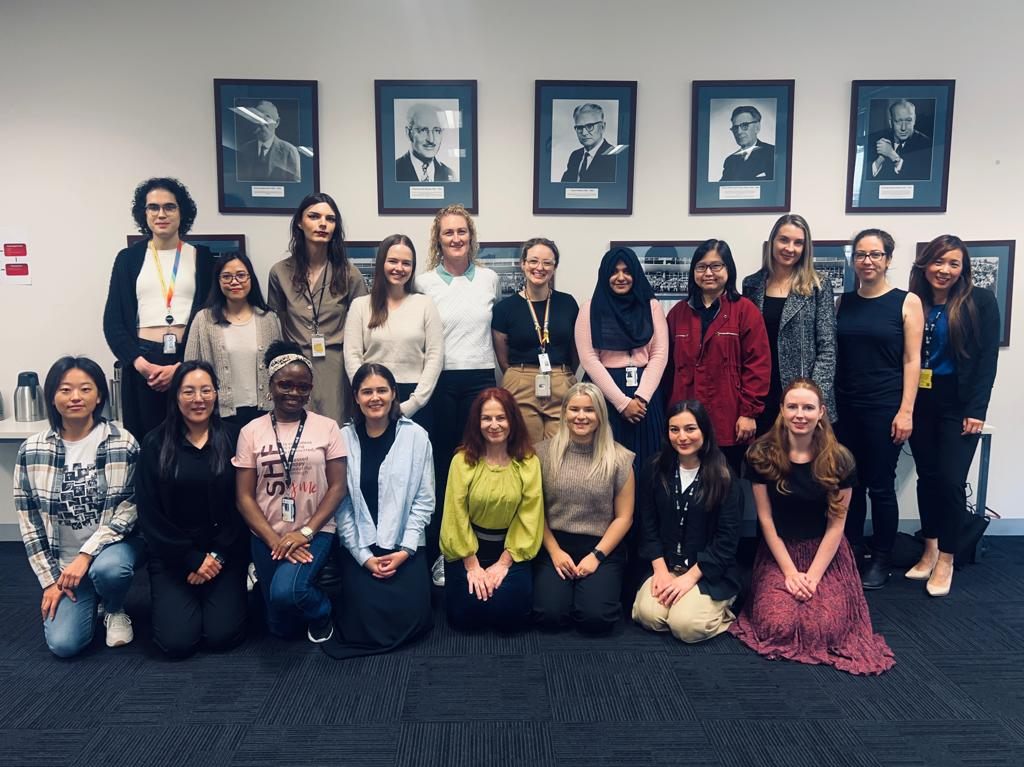
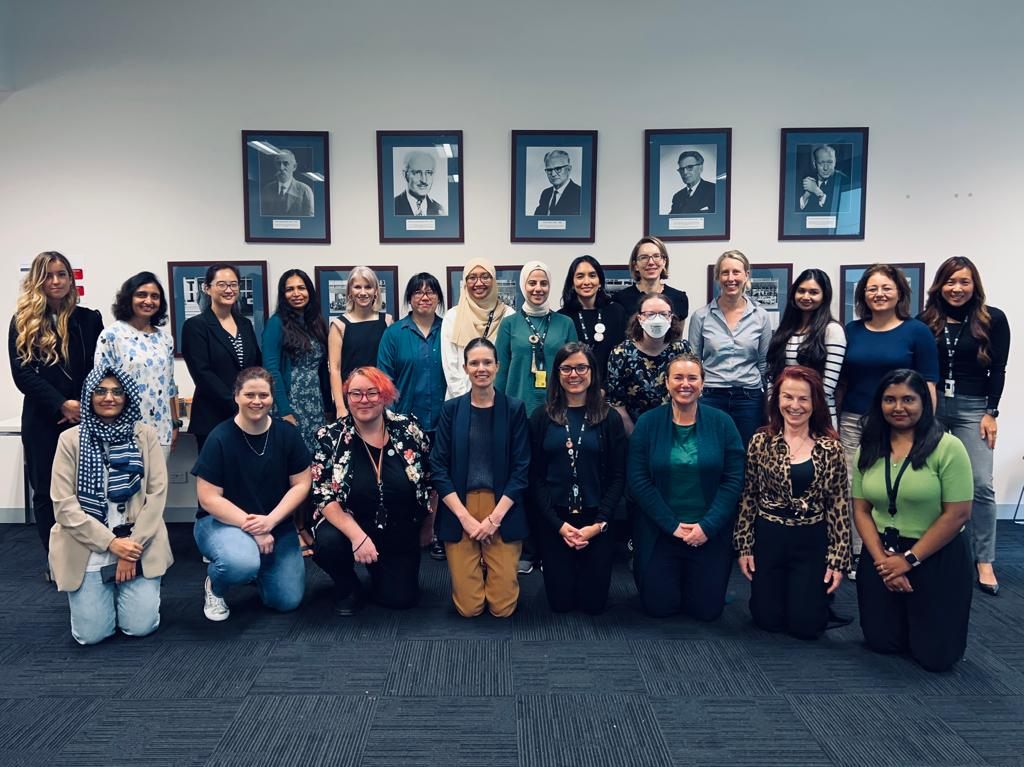
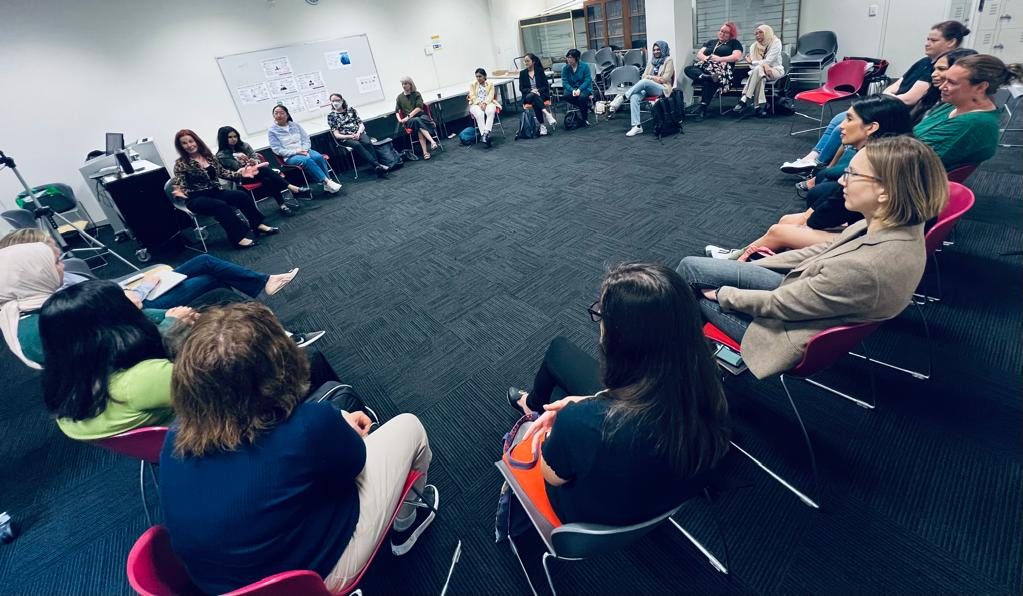
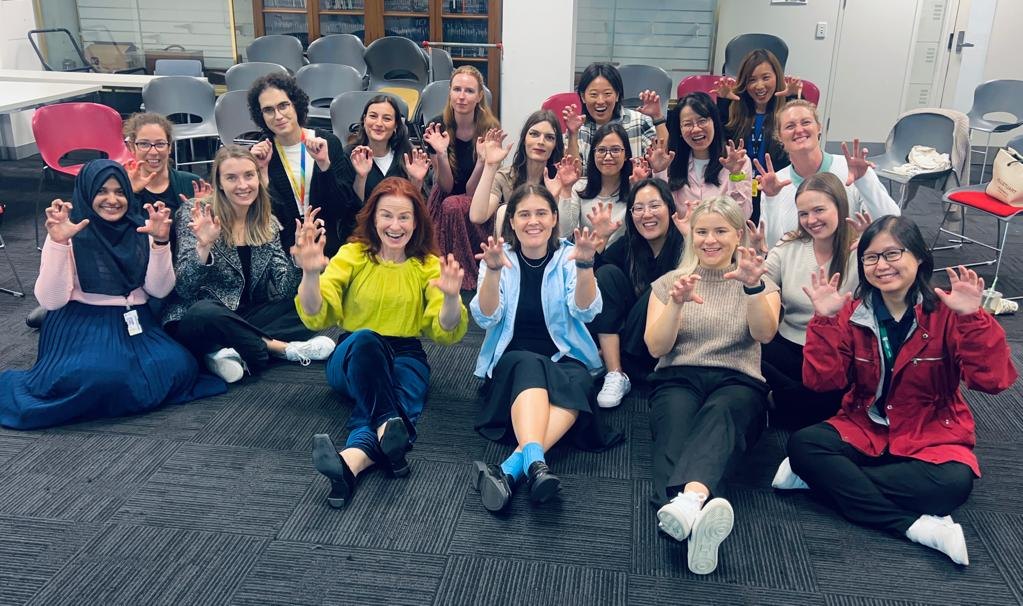
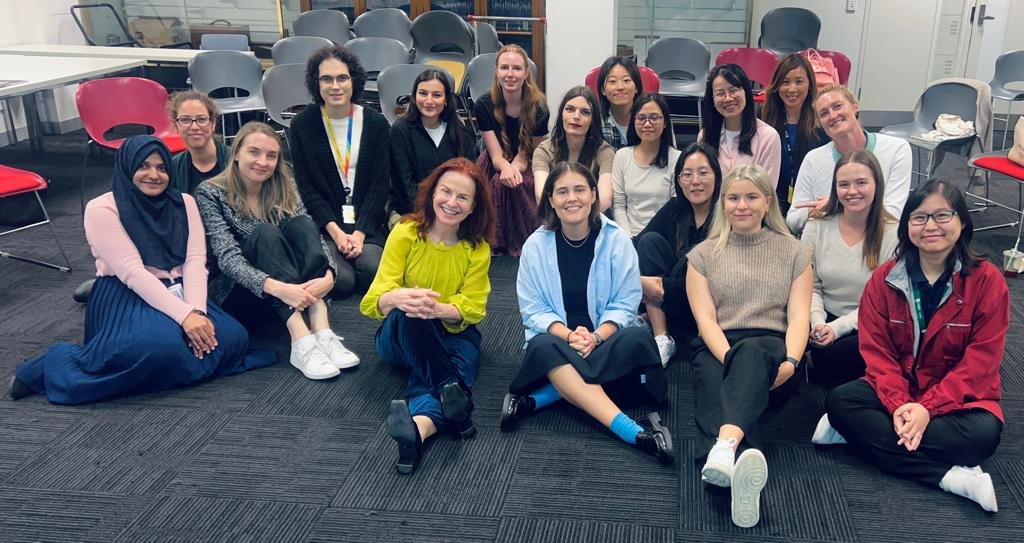
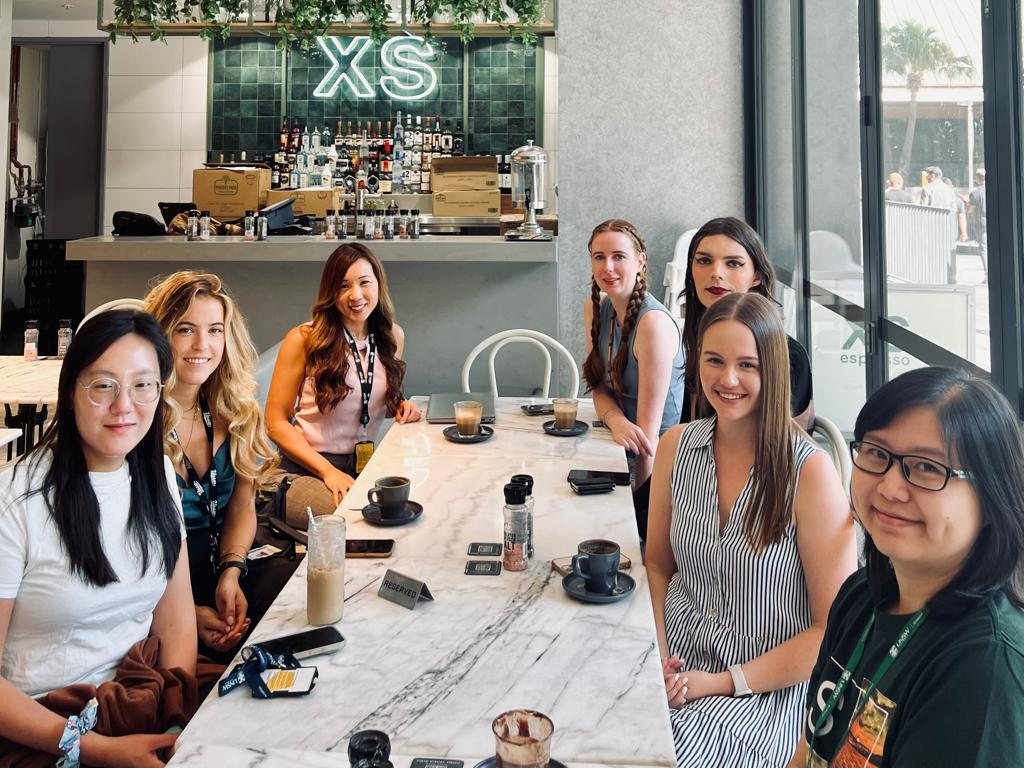
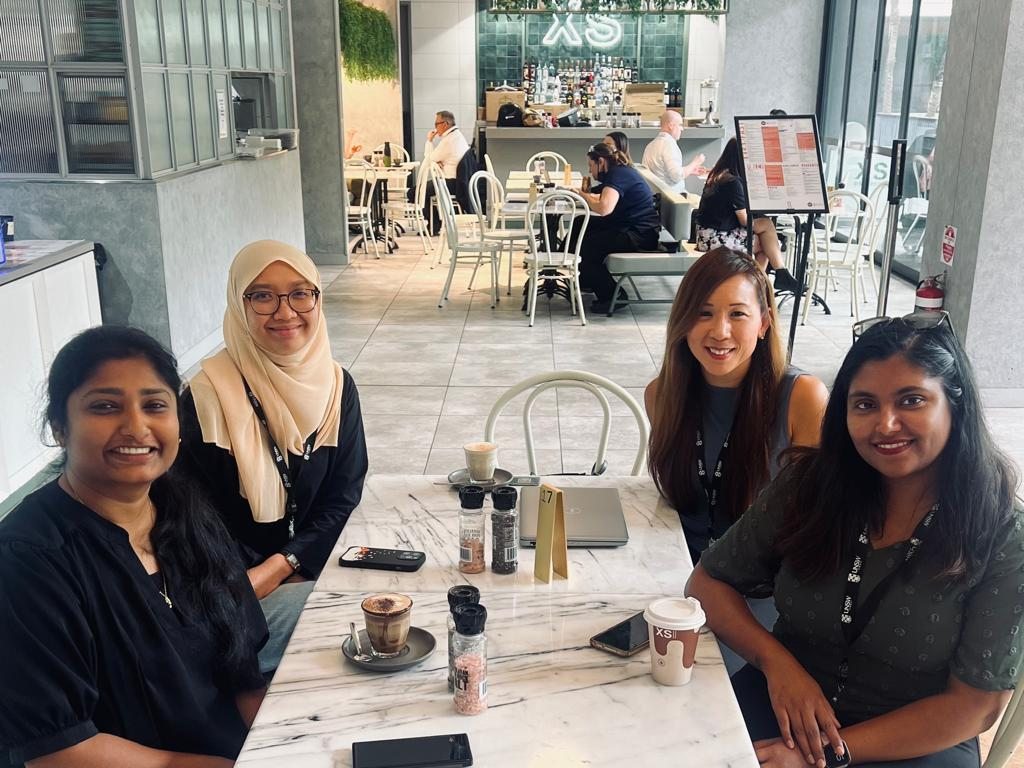
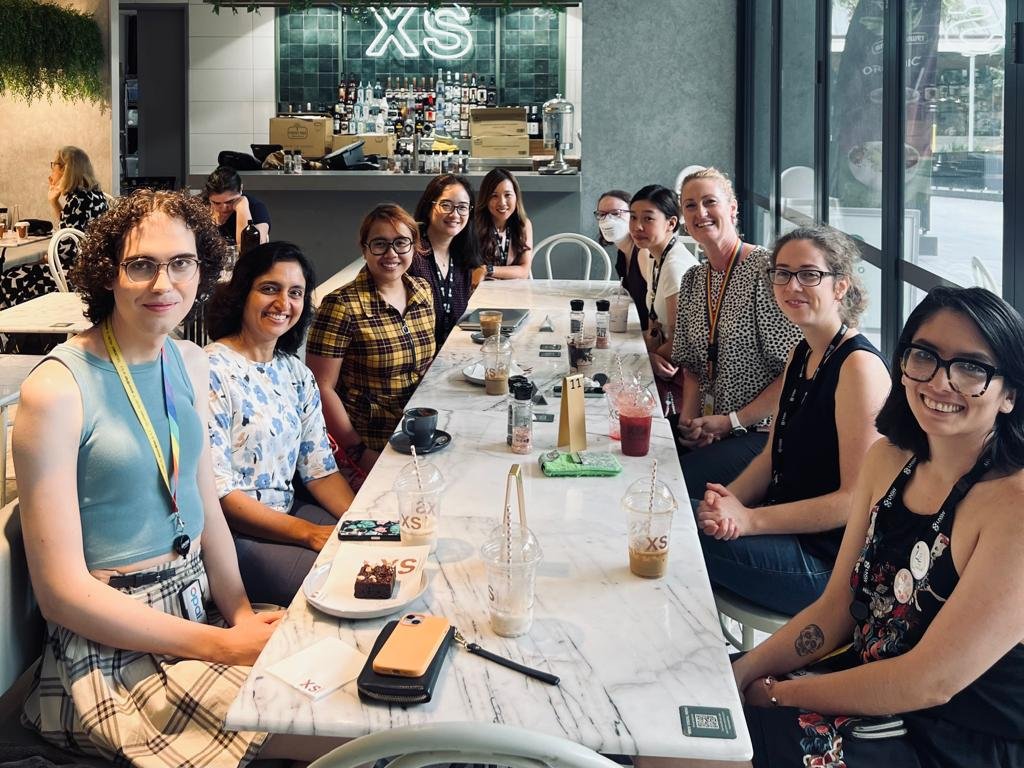
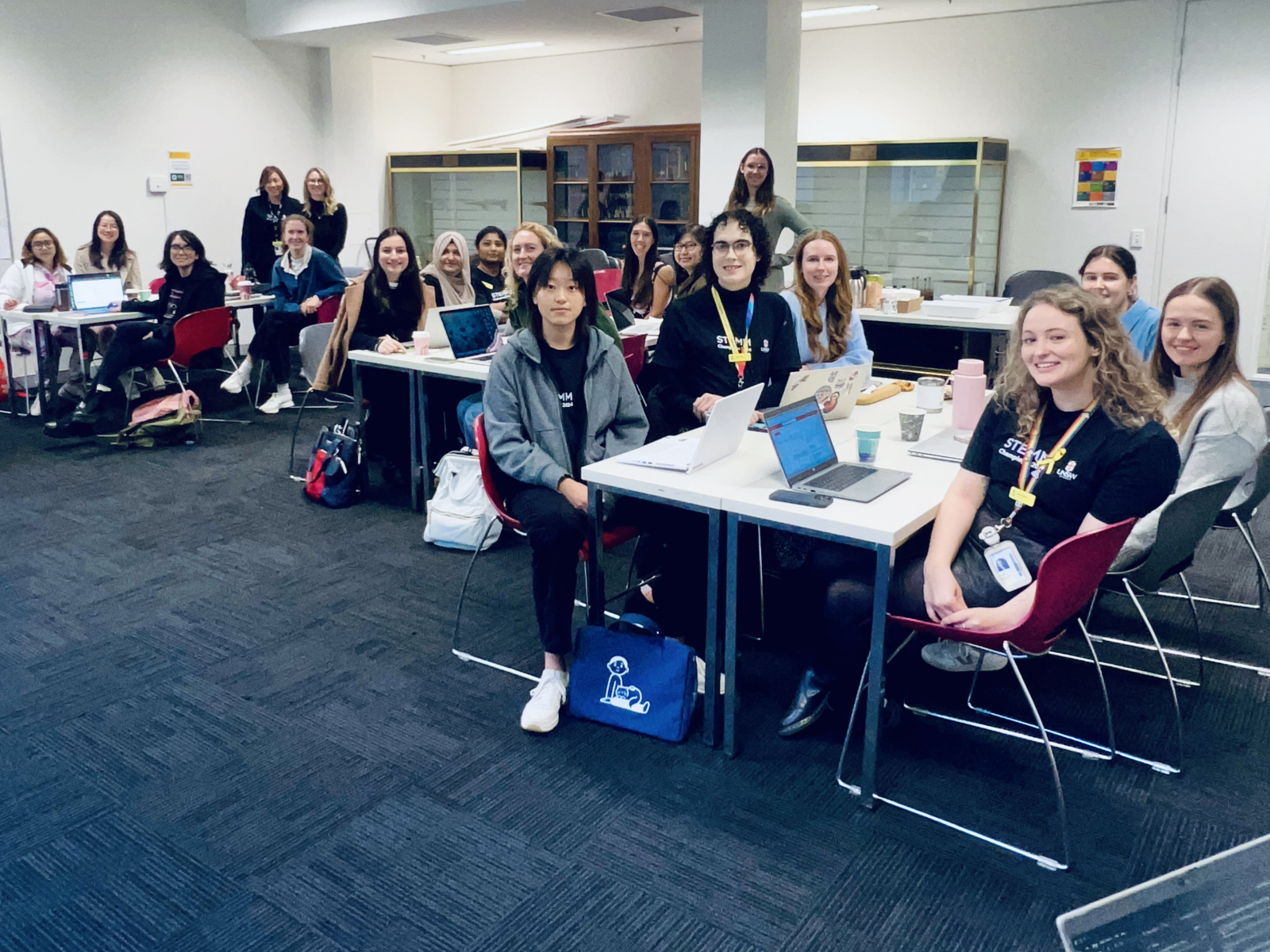
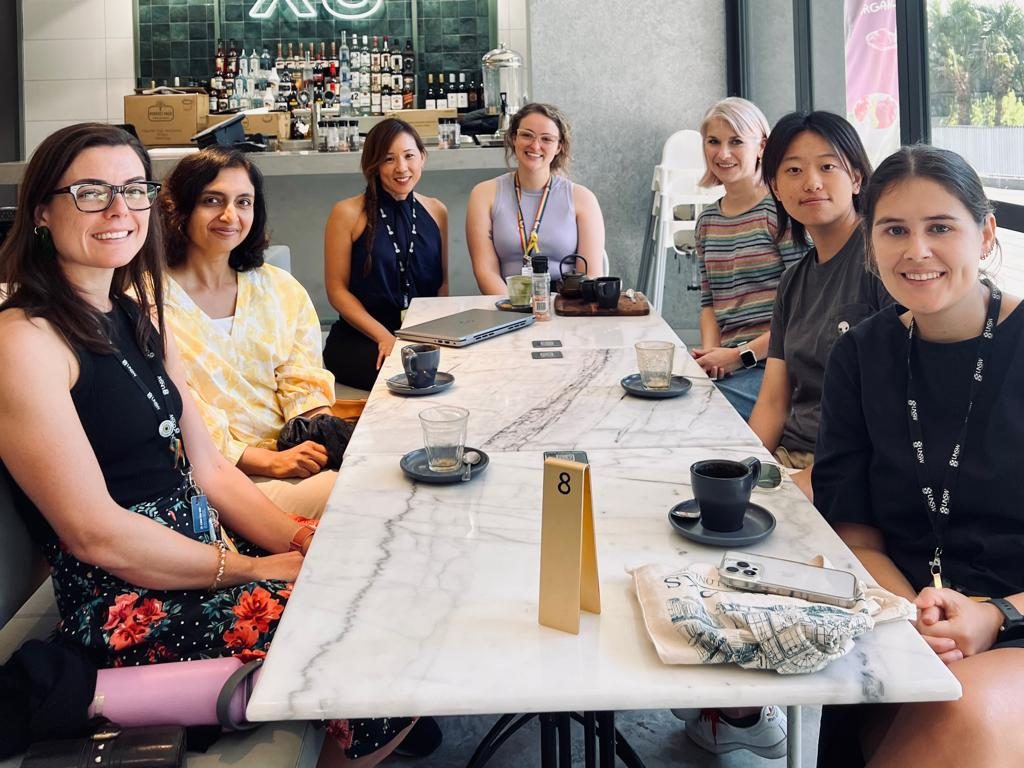
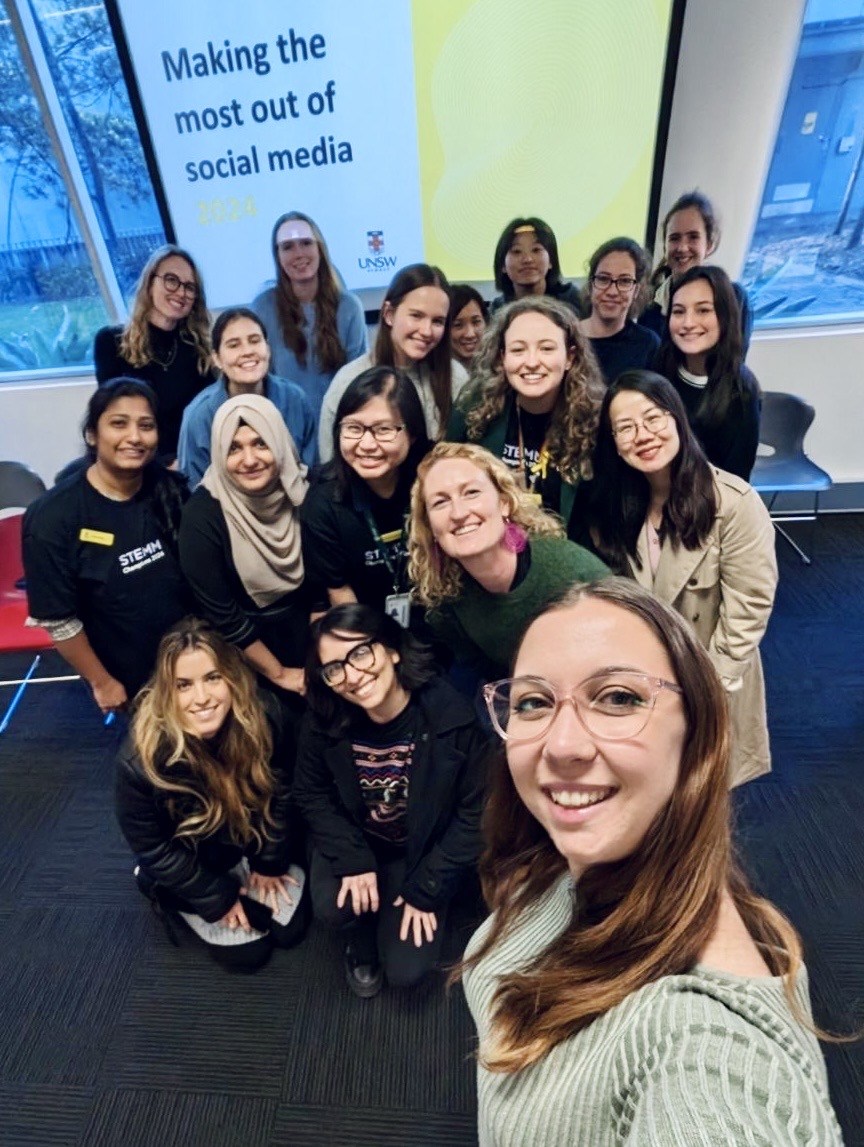
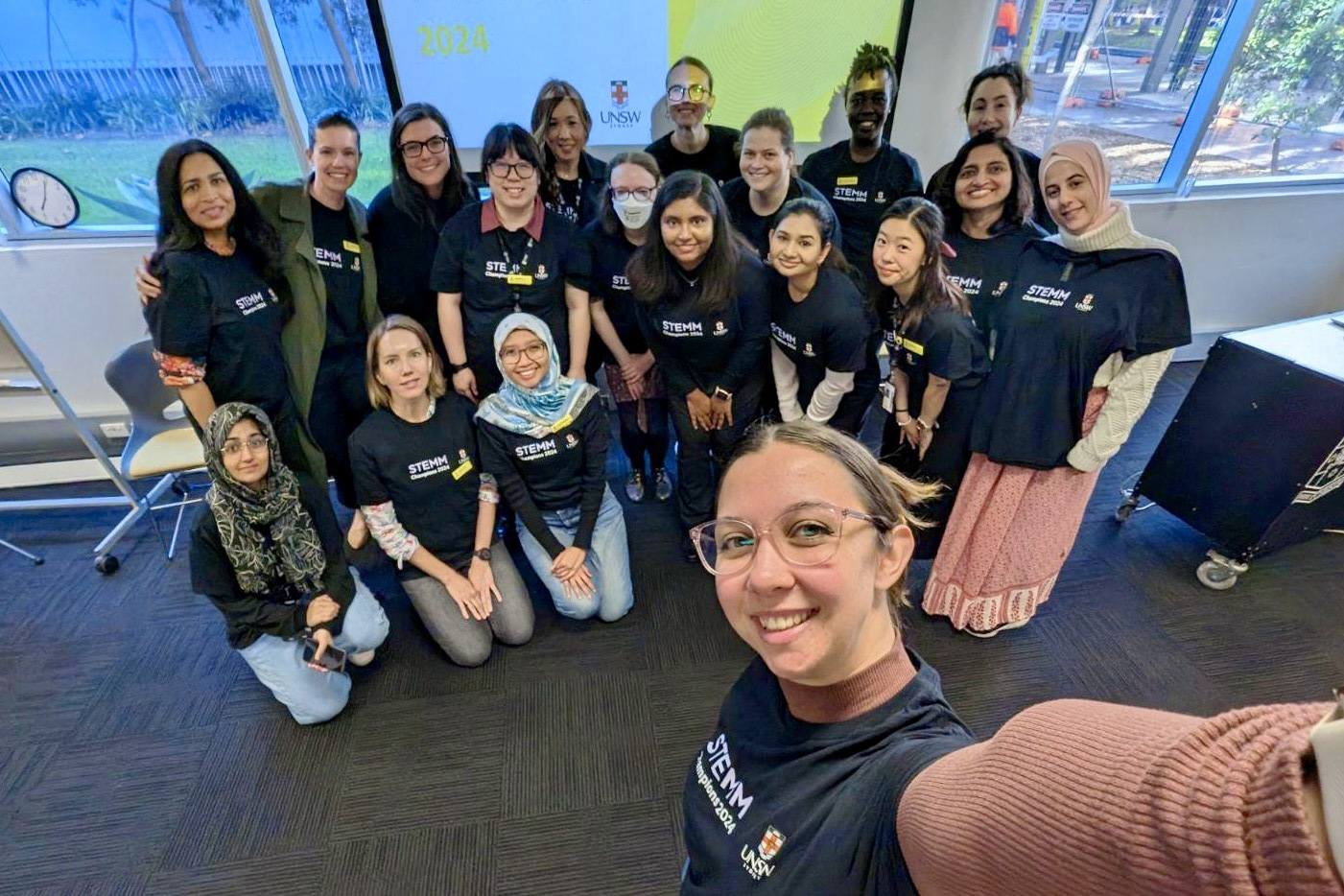
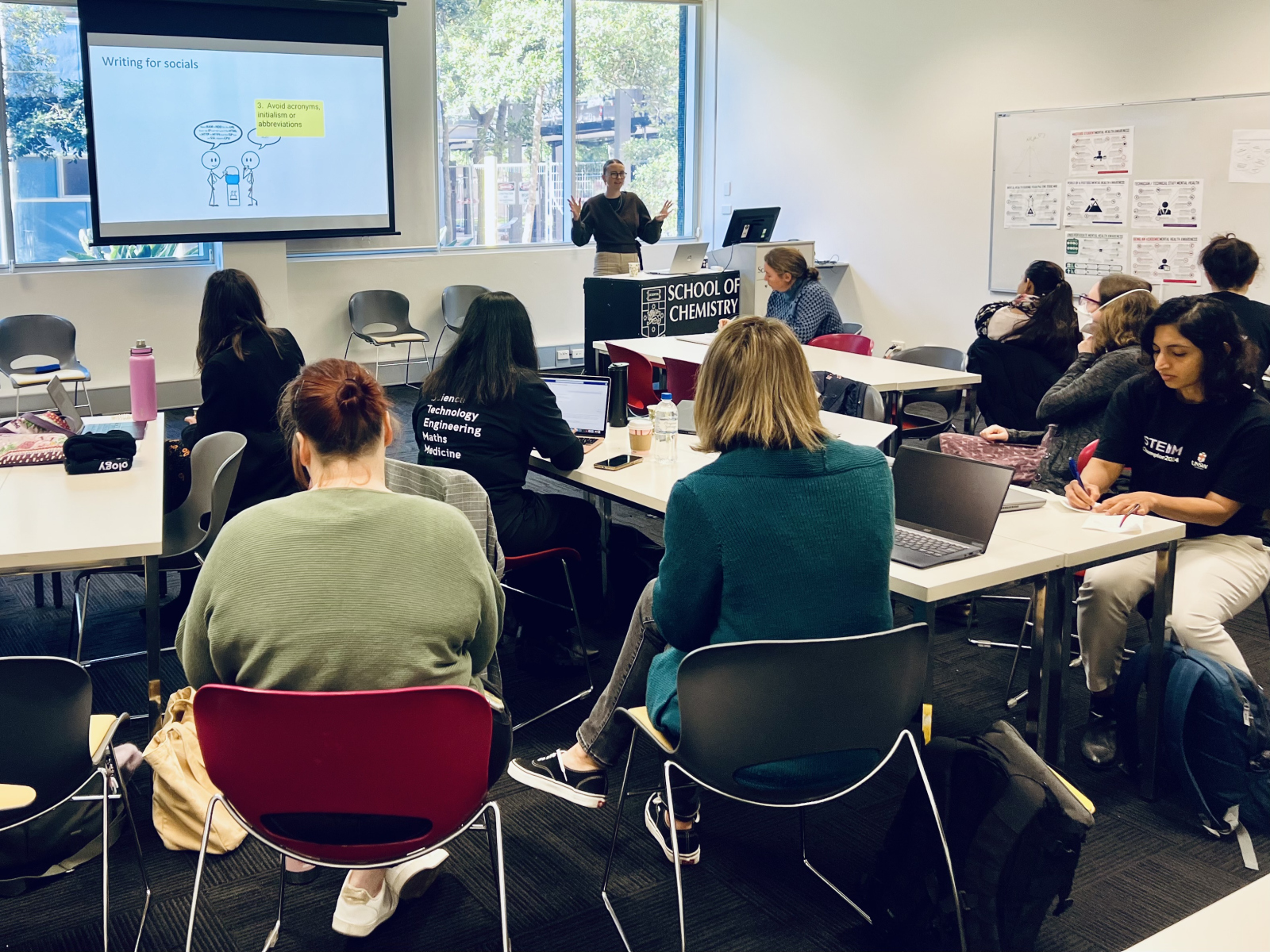
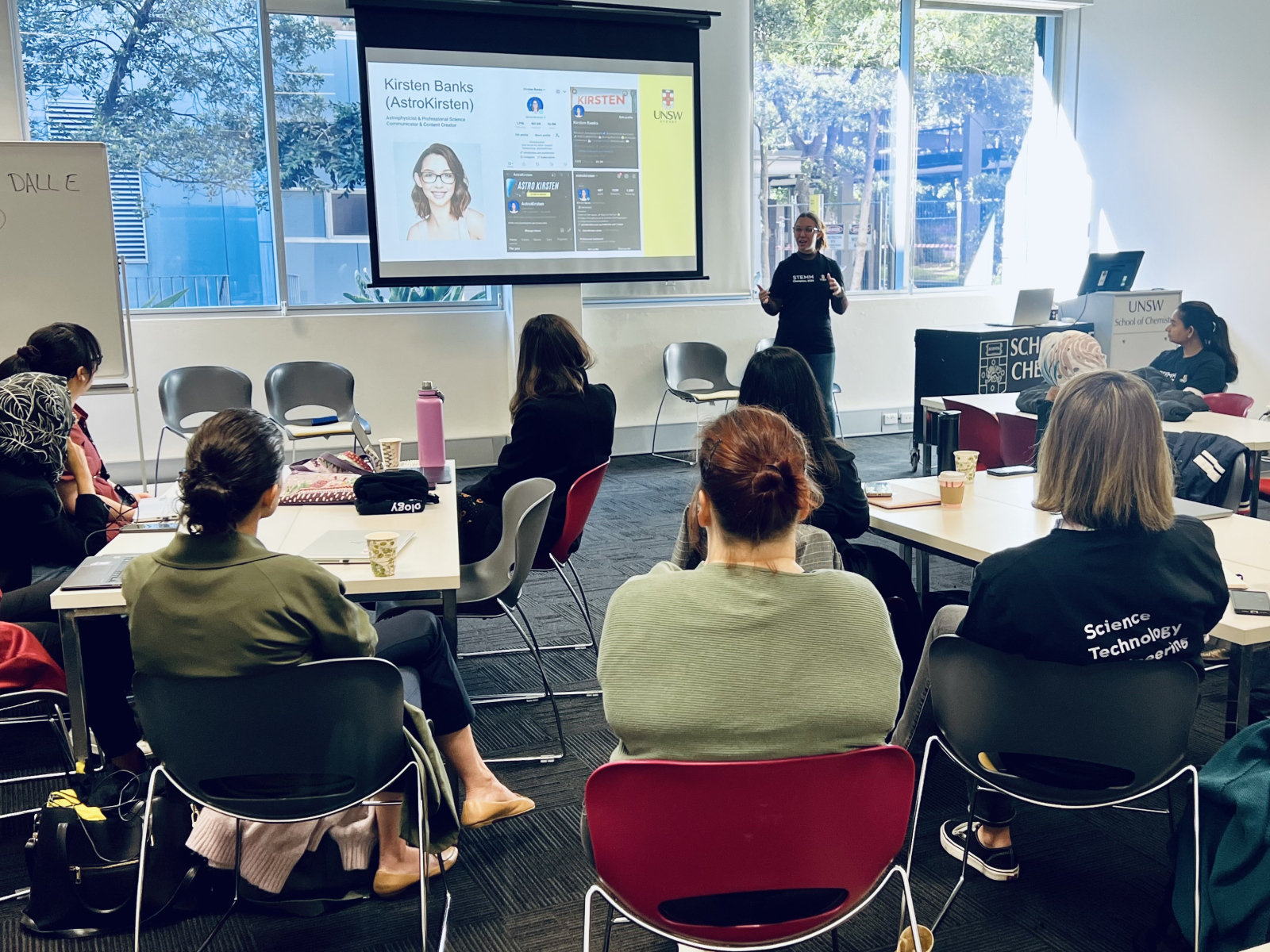

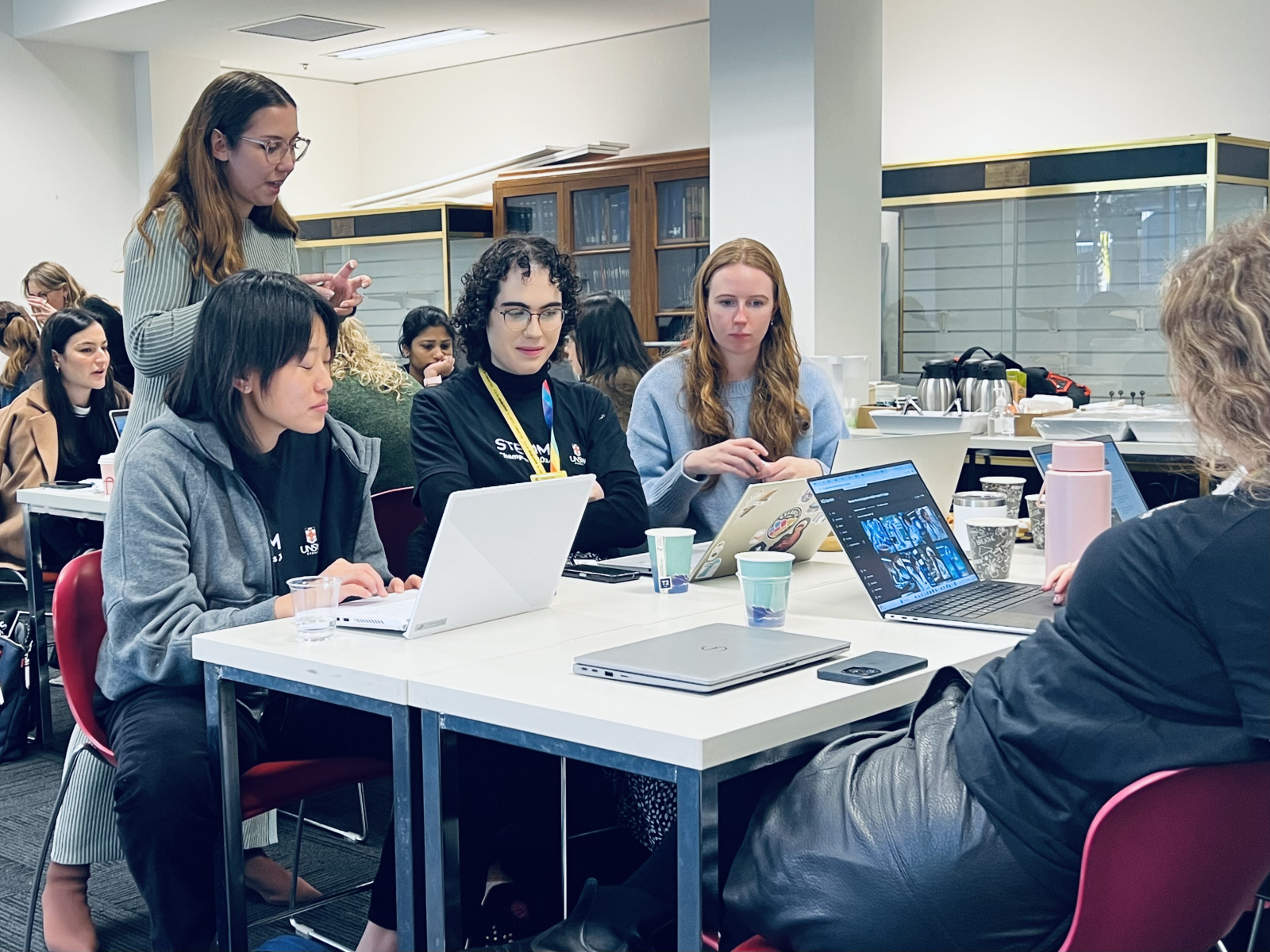
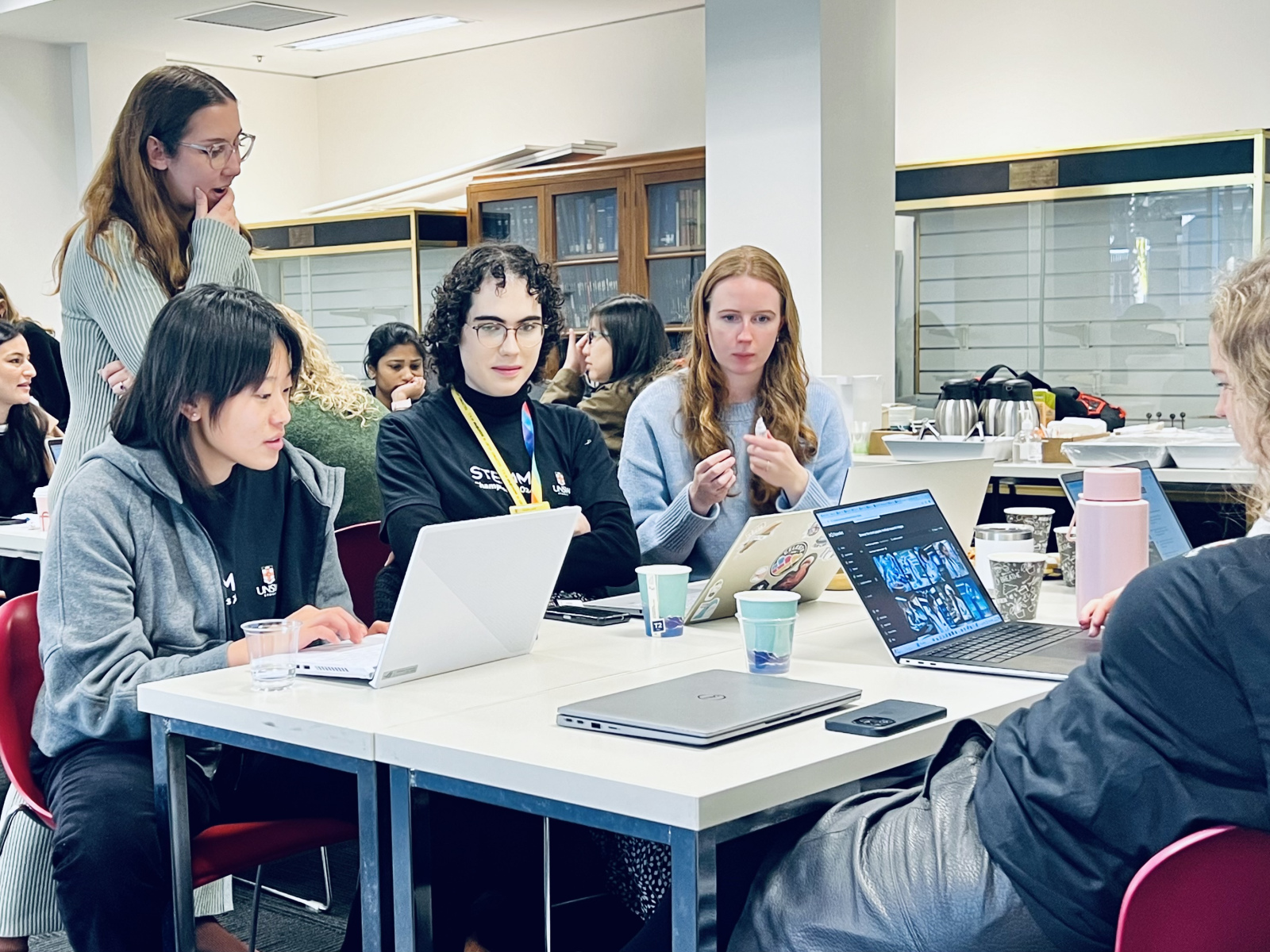
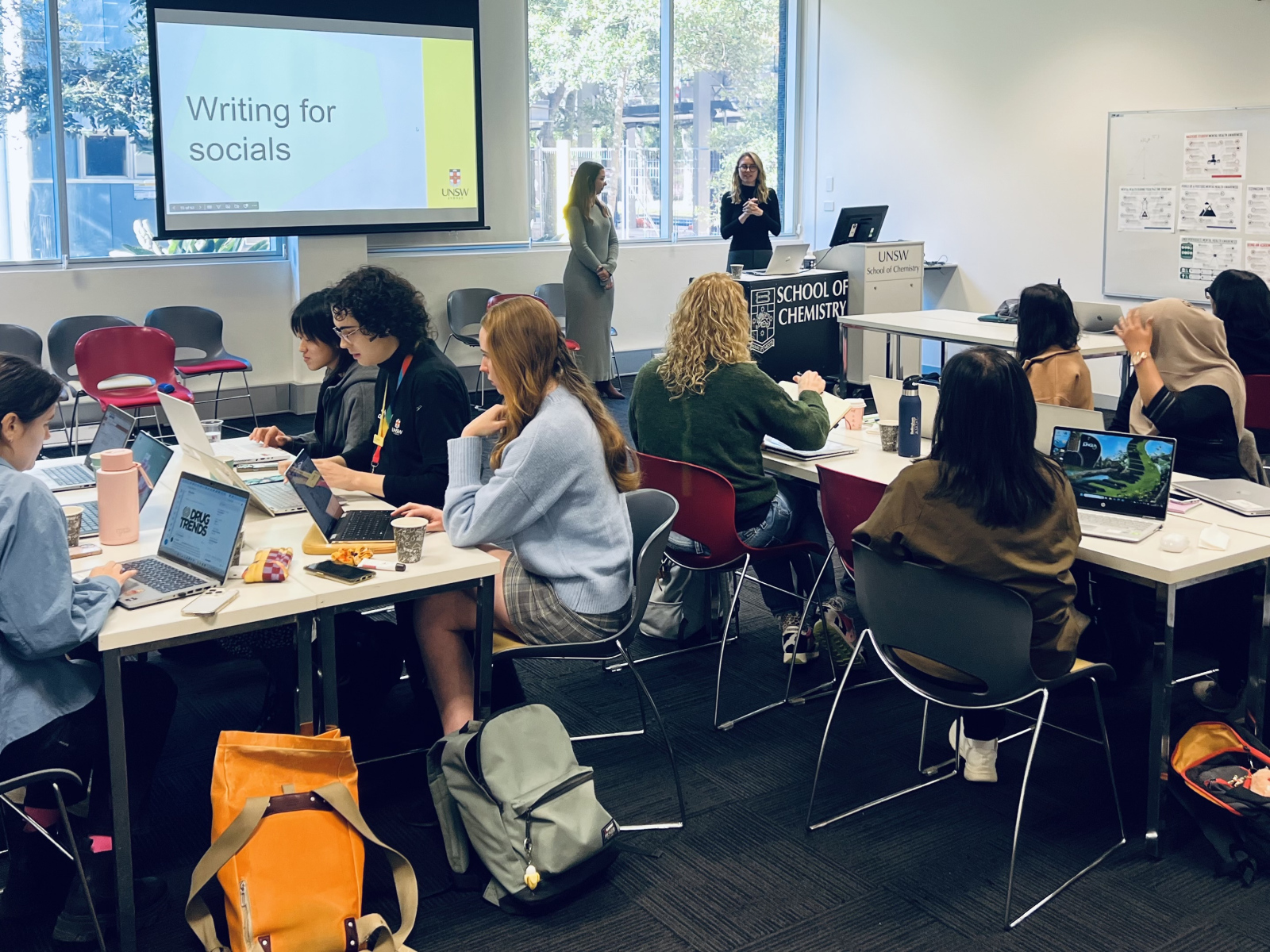
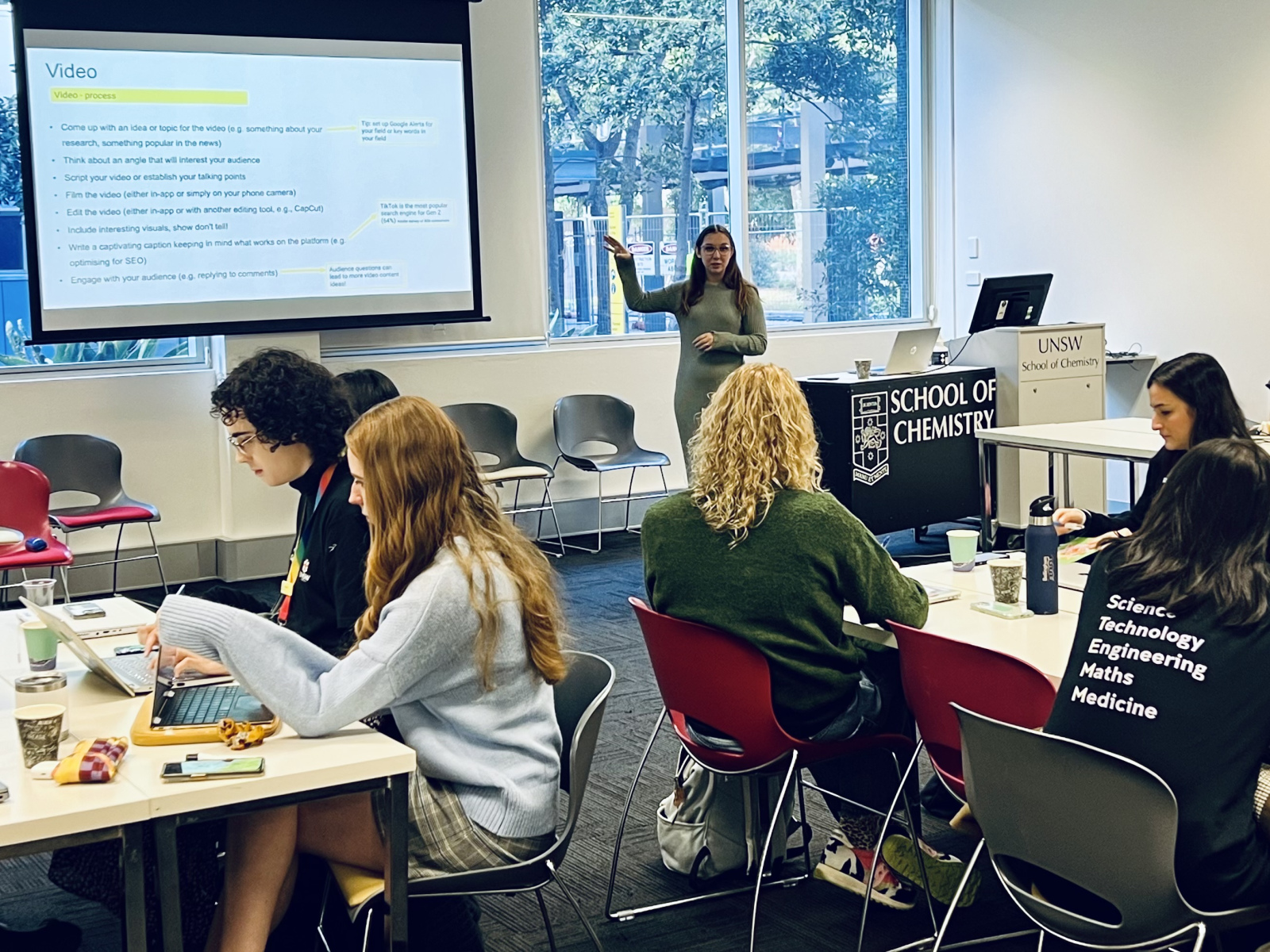


 Dr Poppy Watson did not always want to be researcher. After a lack-lustre introduction to the world of Psychology at University, she spent the first part of her working life dabbling in sound editing and travelling. Almost a decade later, she gave Psychology another chance and fell head first into the world of research where she now tries to understand how human behaviour changes in response to reward. A mother, beach lover and now UNSW Women in Maths and Science Champion, Poppy believes solutions to major world problems will come from scientists, engineers and mathematicians, and is excited to encourage young girls to pursue a career in STEM.
Dr Poppy Watson did not always want to be researcher. After a lack-lustre introduction to the world of Psychology at University, she spent the first part of her working life dabbling in sound editing and travelling. Almost a decade later, she gave Psychology another chance and fell head first into the world of research where she now tries to understand how human behaviour changes in response to reward. A mother, beach lover and now UNSW Women in Maths and Science Champion, Poppy believes solutions to major world problems will come from scientists, engineers and mathematicians, and is excited to encourage young girls to pursue a career in STEM.
